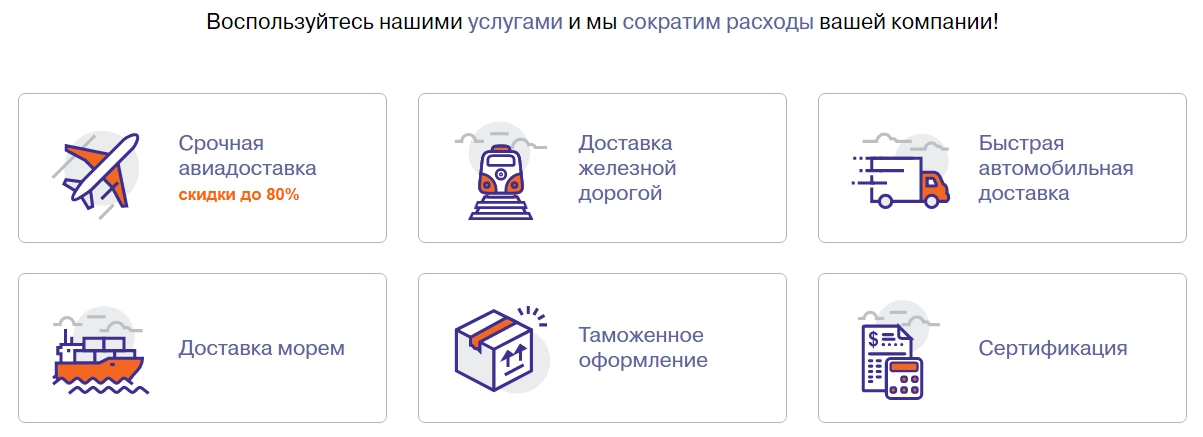How Automated Systems are Revolutionizing Freight Shipping
How Automated Systems are Revolutionizing Freight Shipping
Blog Article
The logistics industry, particularly freight movement, is witnessing a remarkable transformation, driven by the relentless advancement of AI-powered systems. As businesses compete for optimization and speed in shipping approaches, automation remains at the forefront of this innovation, revolutionizing how merchandise are shipped across the international markets. From AI-powered trucks to advanced monitoring systems, the dynamism of this sector is unmistakable, delivering major upgrades in velocity, dependability, and affordability.
Revolutionizing Efficiency with Automation
At the heart of this AI-driven wave is the incorporation of automation in cargo logistics frameworks. Conventional methods often failed under the pressure of errors and human error. However, cutting-edge AI-driven systems offer intelligent strategies that streamline processes.
One noteworthy advancement is in the domain of aviation-based shipping, where automation facilitates in handling complex logistical processes that involve route mapping and aviation traffic regulation. This not only speeds up the operation but also improves safety by minimizing potential human misjudgments.
Enhanced tracking systems are another advantage. Current innovation facilitates for real-time monitoring of shipments, which provides companies and clients informed about the location of their goods round-the-clock. This transparency is essential in cultivating confidence and consistency in cargo distribution services.
Reducing Overheads and Optimizing Regulatory Processes
AI-powered systems advances into the intricate procedures of import-export processing, typically a bottleneck for freight movement due to its complex regulations and likely delays.
Advanced self-operating systems integrated with data-driven insights technologies can rapidly evaluate large volumes of paperwork and validate compliance with legal frameworks more rapidly than ever before. This reduction in processing duration reduces on overhead costs significantly, demonstrating a immediate cost-benefit that companies can capitalize on.
Optimizing Logistics with Big Data
Additionally, the implementation of predictive modeling reinvents the approach toward logistics and border clearance. By examining past information and up-to-date market shifts, automated systems forecast issues and optimize processes to be more predictable and efficient.
Companies monitoring instant data can execute data-driven decisions that inherently mitigate uncertainties linked to import-export processing lags.
Eco-Friendly Impact
Self-operating systems also support significantly to ecological responsibility in cargo transport. More accurate and well-planned navigation calculation minimizes excessive energy usage and lowers greenhouse gas.
Automated delivery systems are steadily adaptable with alternative fuels and hybrid propulsion, synchronizing freight transport strategies with widespread green goals.
Enhancing End-User Experience
The automated technology optimizes not just supply chain efficiency but also consumer experience. The capability to monitor orders in instantaneously, experience minimized setbacks, and enjoy minimized expenses transforms end-user interaction positively.
Rapid, clear, and efficient logistics frameworks are more likely to build customer retention and continuous transactions, proving that state-of-the-art innovation is vital in modern-day cargo shipping frameworks.
Furthermore, as AI systems execute routine operations more effectively, businesses can redirect human capital to areas needing critical thinking and decision-making, thereby enhancing service standards overall.
Moving Toward the Future: The Automated Landscape
The transformative influence of AI-driven systems in logistics shipping guarantees an exciting outlook for freight management. As companies advance to leverage these solutions, they enhance their market position by offering faster, risk-free, and more cost-effective transportation approaches.
Sustainability developments further extend the appeal of AI-powered frameworks, aligning sector operations with sustainable initiatives.
An Innovative Phase in Cargo Transport
In summary, the integration of automated technologies in freight transport unleashes a myriad of opportunities designed for enhancing transport not only quicker but also more reliable and less financially burdensome.
The calculated use of advanced analytics in optimizing border clearance formalities further reinforces the efficiency of automated technologies in revolutionizing conventional cargo transport industries.
Automation: The Future of Cargo Transport
Cargo transport is stepping confidently into a modern age led by self-operating systems—a reflection to humanity’s relentless pursuit of progress.
With ongoing developments, the capacity to redefine global trade patterns persists, marking an optimistic roadmap towards an unified and well-structured landscape in logistics shipping.
For details about tamozhennoe oformlenie go to see the best internet page.